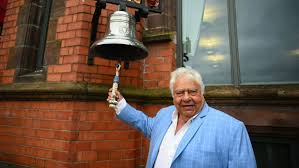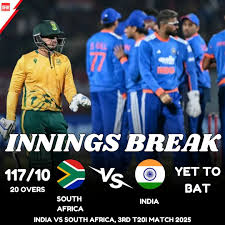The Legacy of Farokh Engineer in Indian Cricket

Introduction
Farokh Engineer is a name synonymous with Indian cricket and its golden era. A former wicketkeeper-batsman and an influential figure in the sport, Engineer’s contributions extend beyond his athletic prowess. His innovative style, sportsmanship, and pivotal role in shaping the Indian cricketing landscape mark him as a true legend, making it essential to reflect on his journey during a time when cricket was evolving rapidly.
Early Life and Career
Born on February 25, 1938, in Mumbai, Farokh Engineer was drawn to cricket at a young age. He began his professional career with Mumbai’s domestic side, contributing to one of the strongest cricketing cultures in India. His talent quickly caught the attention of national selectors, earning him a spot on the Indian cricket team in the 1960s. Engineer’s international debut was marked by agility behind the stumps and a promising batting technique.
Cricketing Achievements
Farokh Engineer played in 46 Test matches and 5 One Day Internationals (ODIs) for India between 1961 and 1975. His batting style and ability to adapt to changing game scenarios were particularly appreciated during his tenure as a player. He notably played a critical role during India’s historic 1971 Test series win in the West Indies. Engineer’s run-scoring ability, combined with his exemplary wicketkeeping skills, established him as one of the best in his field during that period.
One highlight of his career was representing India in the 1975 Cricket World Cup, where he showcased his abilities on a global stage. He garnered respect for his vision of cricket, often emphasizing the importance of sportsmanship and team contributions over individual accolades.
Post-Career Contributions
After retiring from international cricket, Farokh Engineer continued to be influential within the cricket community. He became a well-regarded television commentator, sharing insights from his wealth of experience. Engineer also participated in coaching and mentoring young cricketers, further shaping the next generation of players. His involvement in cricket administration has contributed to the enhancement of policies for player welfare and development within the sport.
Conclusion
Farokh Engineer’s impact on Indian cricket transcends generations. His journey illustrates not only the evolution of cricket in India but highlights the importance of integrity and innovation in sports. As cricket continues to grow, figures like Engineer inspire current and future players to break boundaries and contribute positively to the sport’s rich legacy. As we reflect on his contributions, it is crucial to recognise the lasting significance of sports figures who have paved the way for others.









